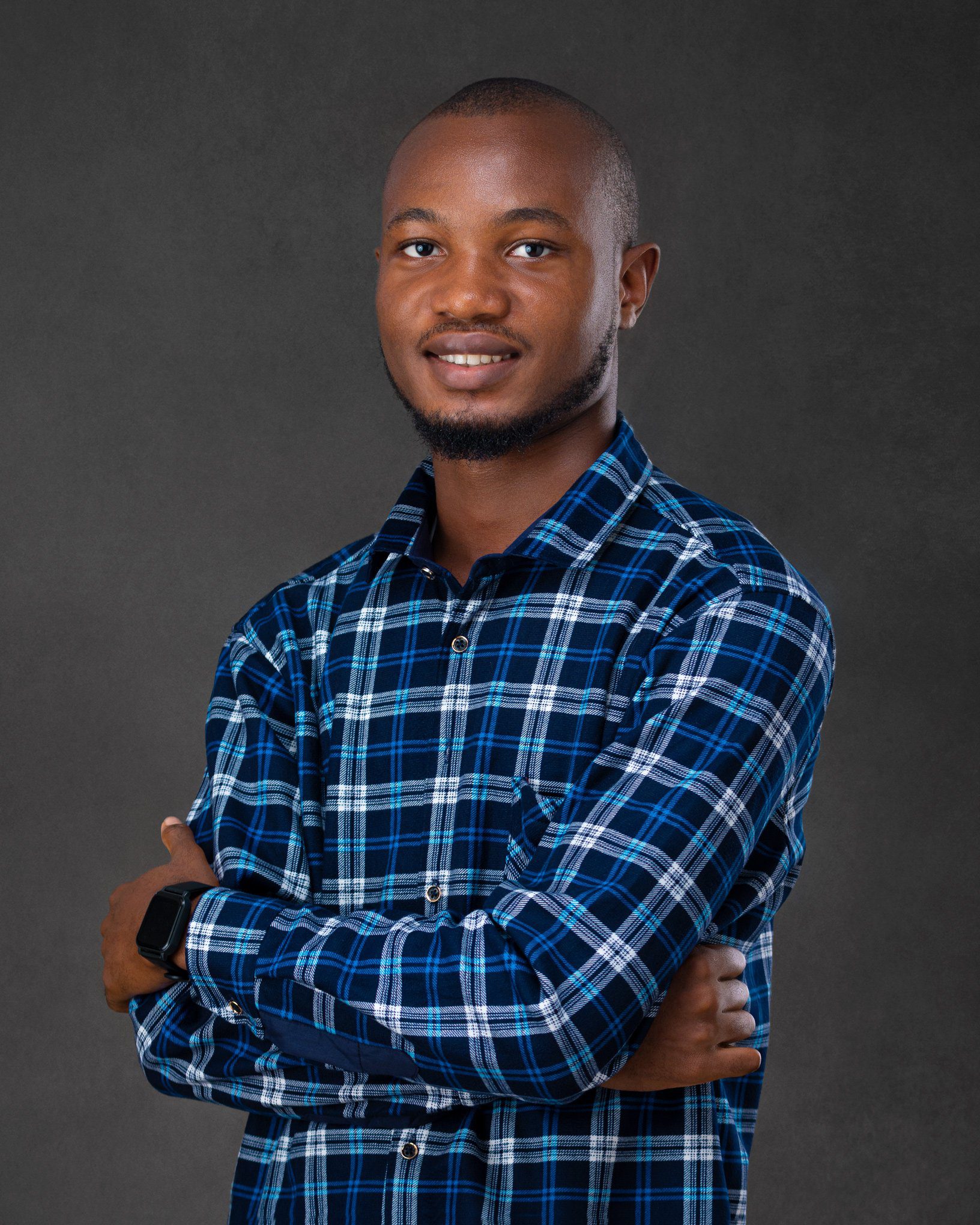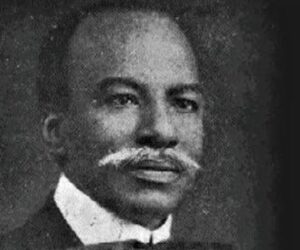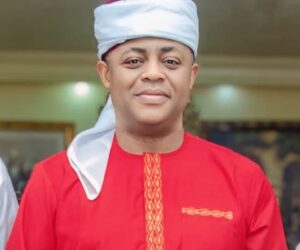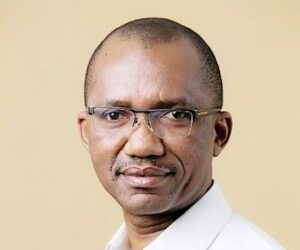Daniel Adeboye was 17, sitting in the corner of a dim Lagos cybercafé with an old monitor flickering in front of him. His code compiled. The logic was sound. But the feature he had spent two weeks building for a client didn’t land.
“It worked perfectly,” he recalls with a quiet laugh. “But when I handed it over, they had no idea how to use it.”
That sting of disconnect became a turning point. While many young developers across Africa chased performance and precision, Daniel began to ask a different question: What if the real challenge isn’t building software but helping people experience it?
That question has since become his life’s work.
Daniel’s journey into technology didn’t begin in a classroom. It began with curiosity. Growing up in Lagos, he was the kid who took apart TV remotes and reassembled game consoles just to see what made them tick.
But it was the day he stumbled upon free programming tutorials on YouTube that everything changed.
“It felt like magic,” he says. “You type something, and the computer listens.”
Without formal training, mentors, or a computer science degree, Daniel pieced together his education from online courses, Stack Overflow threads, and open-source communities. His first break came at Eccles IT, where he interned as a software engineer and met the lesson that would redefine his career.

“I built a feature a client requested. It worked fine, but when I handed it over, they didn’t know what to do with it. That was painful,” he recalls. “I realised great code can fail if people don’t understand it.”
That moment reframed how he saw engineering. For Daniel, the goal wasn’t just to build but to make technology understandable.
Discovering developer experience
As he honed his technical skills, Daniel found himself drawn to the often-overlooked side of engineering: documentation, onboarding, and developer communication.
“I started writing tutorials to explain the tools I built,” he says. “And I realised I enjoyed that process as much as the building itself.”
Around that time, Developer Experience (DX), the art of making tools intuitive for developers, was still a niche idea in Africa’s tech scene. But Daniel saw what was coming. Developers were no longer just writing code; they were deciding which tools teams adopted.
That insight guided his journey through startups like PipeOps and Onboardbase, where he helped simplify cloud and infrastructure tools for developer communities across the continent. What others saw as “just documentation”, Daniel treated as product design.
“Documentation is not just writing,” he explains. “It’s design, empathy, and storytelling. You’re building trust through words.”
Today, developer experience has become the quiet engine behind the world’s most successful tech products.


In the 2010s, SaaS companies competed on features. Now, in a $273 billion industry projected to reach $908 billion by 2030, usability is everything. Developers, the gatekeepers of modern software, demand intuitive onboarding, clean documentation, and seamless integration.
A report by Stripe found that 70% of developers prefer tools that are easy to adopt over feature-heavy ones. More than half, 57%, will abandon a product with poor documentation.
That’s the gap Daniel Adeboye is closing, one line of code and one line of documentation at a time.
Daniel Adeboye champions building for people, not just platforms
At Onboardbase, Daniel led efforts to make developer onboarding educational rather than transactional, building structured documentation, starter kits, blog posts, and video content that reached over 10,000 developers across Africa.
At PipeOps, he deepened this philosophy, combining engineering and storytelling to simplify DevOps for teams. His work made him a standout voice in Africa’s SaaS ecosystem, a rare blend of engineer, educator, and communicator.
By the time he joined Northflank, a UK-based SaaS platform backed by $24 million in venture funding, Daniel had become one of Africa’s leading advocates for Developer Experience.
Now leading Content & Engineering at Northflank, he designs documentation architecture, onboarding flows, and community-facing content that demystifies cloud infrastructure for thousands of developers worldwide. Yet, even in this global role, his heart remains grounded in Africa.


Across the continent, as more developers come online, a quiet transformation is taking shape. The question is no longer just how fast can you build, but how clearly can you help others use what you build?
Africa’s developer community is projected to surpass one million active developers by 2026, according to Google’s Africa Developer Report. With that growth comes a shift in mindset: great infrastructure is only half the story. The real advantage lies in creating experiences that make technology accessible and human.
“The next generation of African engineers won’t just build the backends of products,” Daniel says. “They’ll define how the world experiences them.”
For Daniel, ‘developer experience’ is not a buzzword; it’s a philosophy rooted in empathy, clarity, and communication.
“You can build the most powerful system in the world,” he says, “but if people don’t understand it, it doesn’t exist.”








